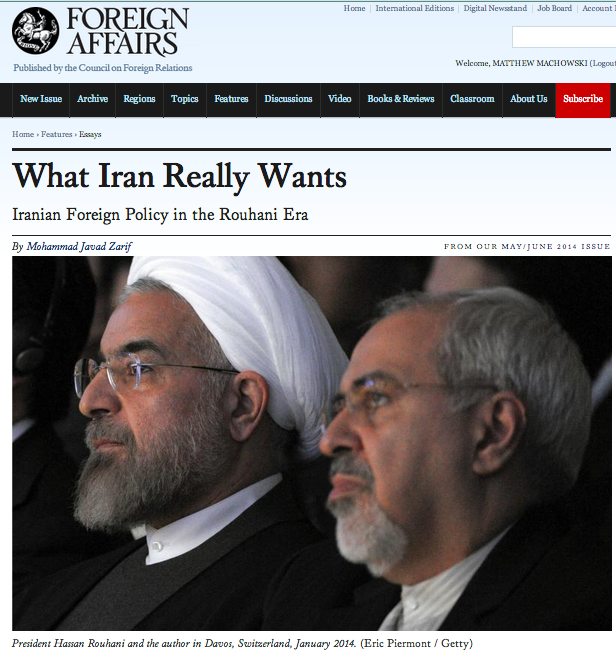Egypt’s Arab Spring Stocktaking
Liberals
| Credits: Samira Ahmed |
The liberals have hugely misjudged their popular support and ability to instil non-religiously influenced democracy in Egypt.
Their constant protesting only strengthened the popular perception of liberals as ‘good for Tahrir Square only’. They were very successful in gathering momentum to oust the Mubarak regime but found themselves in totally unchartered waters in the transitional period.
Moreover, their inability to unite in elections only exacerbated their total failure in appealing to the electorate.
It’s pretty much a lost game for liberals now, unfortunately. El-Baradei was right saying, “they got decimated, they failed to unify and form one essential critical mass.”
Muslim Brotherhood
The Islamists have been very pragmatic ever since the beginning of the revolution. They knew when to join the protests and when to leave the Tahrir Square. Ikhwan is very well-versed in dealing with the Egyptian regime and has a great historical base of experiences from which it’s learnt a lot about both the democratic political participation and the slow anti-authoritarian struggle.
Ikhwan has now found the best time yet to mobilise on the base of its long-standing support for the various levels of Egyptian populace that were heavily ‘undernourished’ by the Mubarak regime.
Now, that Ikhwan has succeeded in retaining majority in the parliament, they will try to amend the executive model of democracy in Egypt and restore greater political powers for the parliament (hence their stance on non-participation in the presidential elections), thus ensuring their domination in participatory rule – not a necessarily bad outcome, however much remains to be seen.
Salafis
| Credits: DICI.org |
The electoral victory of the Salafis was perhaps the greatest surprise to many – both in the West and in Egypt – but nothing else should have been really expected. Egyptians, with an average rate of illiteracy at 35%, are still a vastly conservative society, in which over 60% of the populations would still support huddud punishments (only Pakistan and Afghanistan match these statistics of popular support for huddud laws).
Clear demographic lines can be drawn now between the followers of Ikhwan, mostly socially upwardly and well-educated middle classes and students, and Salafis, mainly poor, uneducated population of the Upper Egypt and other rural areas.
Popular desire to fight the omnipresent corruption played towards their electoral success – they’re seen as a totally new political stakeholder, unstained by even the opposition to the Mubarak during his regime. But what is perhaps the most important lesson for now – Salafis have definitely deradicalised their political and religious stands, now accepting the game of politics and even supporting ‘restricted democracy’ with rights based in constitution and not religious doctrines. Despite all these pronouncements, Egypt is, in my opinion, on the road to a more restrictive understanding of civil and social rights (especially in the case of women and the Copts).
Supreme Council of the Armed Forces
SCAF’s rule has proven to be a definite extension of the Mubarak’s regime. There is clearly no coincidence that Tantawi was Mubarak’s 20 year Minister of Defence. Bearing in mind the position of the top brass in the Egyptian politics since the times of the Young Officers Revolution, they are totally unlikely to give up their powers.
However, latest reports of indictments of foreign NGO workers indicate that the regime hasn’t really learnt their lessons of last year all that well – claiming ‘foreign interventions in Egyptian politics’ is now an old spoiled wine flowing from a long-time broken bottle – nobody believes those conspiracy stories any more. Nonetheless, should they not have a sudden change of mind any time soon, then this may well cost them £1.5 billion of military support etc. I personally believe this will not happen and the current crisis is clearly a demagogical move of showing off their strength.
Moreover, SCAF now faced with Ikhwan’s majority in the parliament may even start looking for a totally unexpected coalition – one with the Salafis – in which SCAF’s support for Islamic ‘social justice’ on Egyptian streets would be exchanged for Salafi’s support in decreasing Ikhwan’s dominance over democratic politics in Egypt and thus extending SCAF’s rule.
Football
| Credits: Reuters |
Recent crisis in Port Said is by far not ‘innovative’ when it comes to Egyptian history. Football has been used as a tool in Egyptian politics for years (Cairo of 1974, Khartoum etc).
I don’t believe the situation was instigated by SCAF but I definitely agree that it is currently a conscious choice on part of the military to partially withdraw from the streets – both to counter the historical omnipresence and intrusiveness of mukhabarat and other forces, but also to ‘create’ the need for ‘more security presence’ on the streets and in Egyptian’s life. HSBC heist and over 70 people killed in riots in Port Said taking place in the same week may not be such a big coincidence after all.
The Arab Revolutions, however, proved one thing beyond any reasonable doubt – the army is ill-equipped to rule the state and is forced to transfer power to politicians in one way or another, sooner or later.
Protests
Popular discontent is bound to continue.
Egypt, unlike Tunisia, is extremely pluralistic and blessed with abundance of political, religious and social stakeholders, all of which now want to claim their part in the new regime. However, this blessing is also Egypt’s menace – it ensures the democratic transition to be protracted, complicated, unstable, and at times also bloody.
One is certain, the Egyptians have proven to be worthy of their bread and have finally restored their dignity, as Abdelwahab El-Affendi, a Sudanese intellectual noted. Egyptians are no longer a singular mass that is the easiest nation to govern in the Middle East, a notion present in most analyses of Egyptian society up until 25 Jan 2011.
Democracy requires plurality but this plurality sometimes carries a very high cost to pay.


